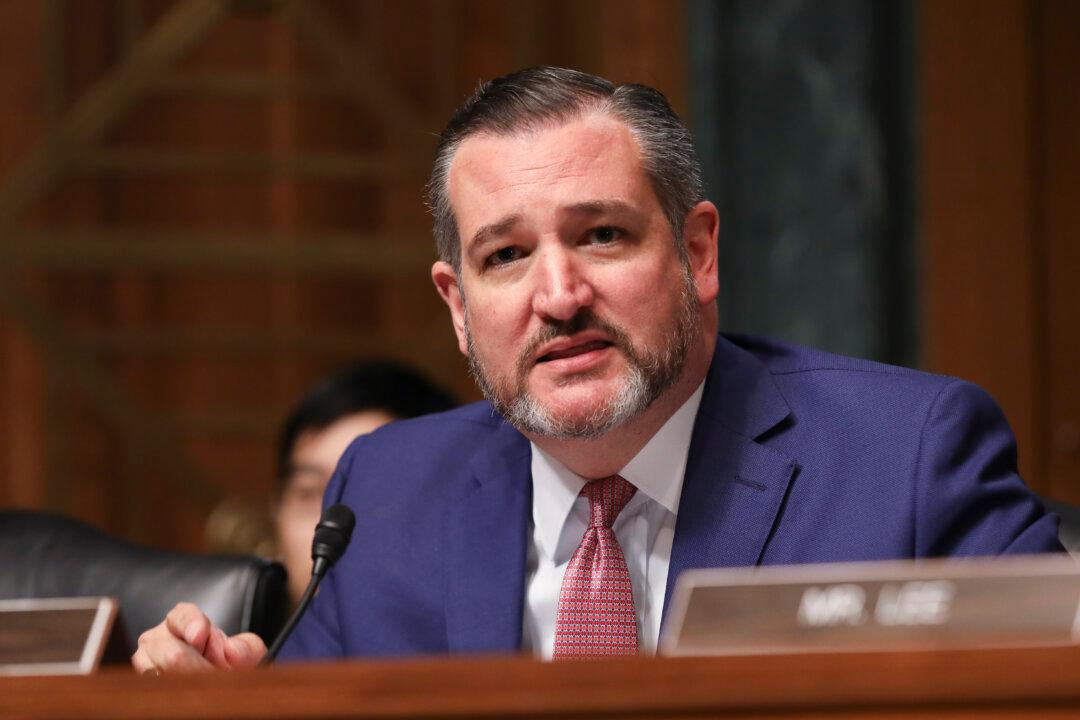WASHINGTON—Republican Sens. Lindsey Graham of South Carolina and Ted Cruz of Texas joined with Rep. Liz Cheney (R-Wyo.) in calling for President Donald Trump to drop waivers on domestic Iranian power projects under the U.S. nuclear deal with Iran and to reimpose tough international sanctions against Tehran.
“On Sunday, Iran backed out of catastrophic Obama-Iran nuclear deal, which they’ve long exploited to build up their nuclear facilities,” the lawmakers said in a joint statement released Jan. 6.





